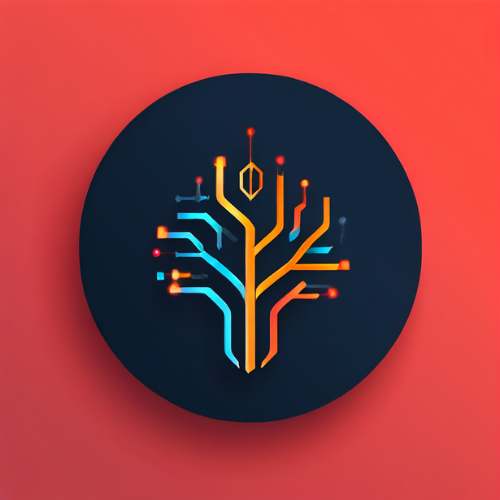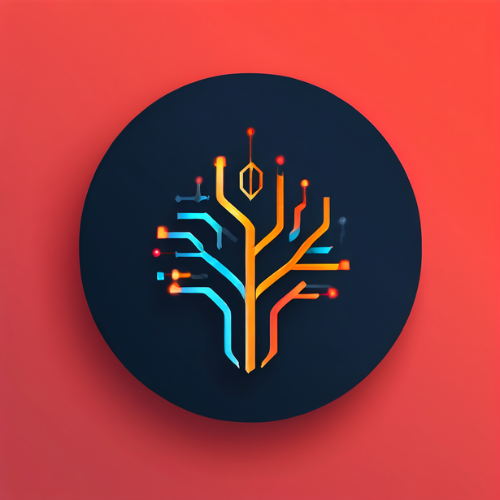
Project Management
Orchestrating Innovation in the Age of AI and Blockchain


Project Management: Making Ideas Come to Life
In a world where change is the only constant, Project Management is the art and science of harnessing that change to create value. It's about turning vision into reality, dreams into tangible outcomes. But more than that, it's about navigating the complex interplay of people, processes, and technology to drive innovation and deliver results.
As we stand on the cusp of a new era, shaped by the rise of Artificial Intelligence, Blockchain, and cloud computing, the role of Project Management has never been more critical—or more exciting. These technologies are not just tools; they're catalysts for profound transformation. And it's up to Project Managers to orchestrate this transformation, to ensure that these powerful technologies are harnessed in a way that maximizes their potential while mitigating their risks.
But to do this, we need to rethink the very nature of Project Management. We need to move beyond rigid methodologies and one-size-fits-all approaches. Instead, we need to embrace a more adaptive, flexible, and context-driven approach. We need to understand that different projects, different teams, and different technologies require different strategies. And we need to be willing to pick and choose the best elements of various methodologies, from Agile to Waterfall, to craft a bespoke approach that fits the unique needs of each project.
In this new landscape, Project Managers are more than just coordinators or administrators. They're strategic thinkers, problem solvers, and change agents. They're the ones who understand the big picture, who can bridge the gap between business needs and technical capabilities. They're the ones who can inspire and motivate diverse teams, fostering a culture of collaboration, creativity, and continuous improvement.
With the advent of AI, Project Managers will be freed from many of the routine, repetitive tasks that currently consume their time. This presents an incredible opportunity to focus on the higher-level, more human aspects of their role. They'll be able to devote more energy to understanding stakeholder needs, to coaching and mentoring their teams, to fostering innovation and driving strategic change.
Meanwhile, Blockchain will provide a new level of transparency, security, and trust to the project management process. It will enable more efficient and effective collaboration, allowing for seamless, secure sharing of information and assets across organizational boundaries. It will also provide an immutable record of project decisions, milestones, and outcomes, enhancing accountability and reducing the risk of disputes.
However, as with any powerful technology, these tools must be wielded with care and responsibility. Project Managers will need to be vigilant in identifying and mitigating potential risks, from the ethical implications of AI decision-making to the environmental costs of Blockchain computation. They'll need to ensure that these technologies are implemented in a way that is inclusive, transparent, and aligned with the values and goals of all stakeholders.
Ultimately, the future of Project Management is one of incredible opportunity and responsibility. It's a future where Project Managers are not just implementers, but innovators. Not just problem solvers, but value creators. A future where Project Management is recognized as a strategic discipline, a critical driver of organizational success and societal progress.
So let's embrace this future with excitement, but also with wisdom. Let's harness the power of AI, Blockchain, and other emerging technologies to drive positive change. And let's remember that at the heart of every successful project are the people—the visionaries, the collaborators, the change makers. As Project Managers, it's our privilege and our responsibility to empower these people, to create the conditions for their success, and to lead the way towards a brighter, more innovative future.